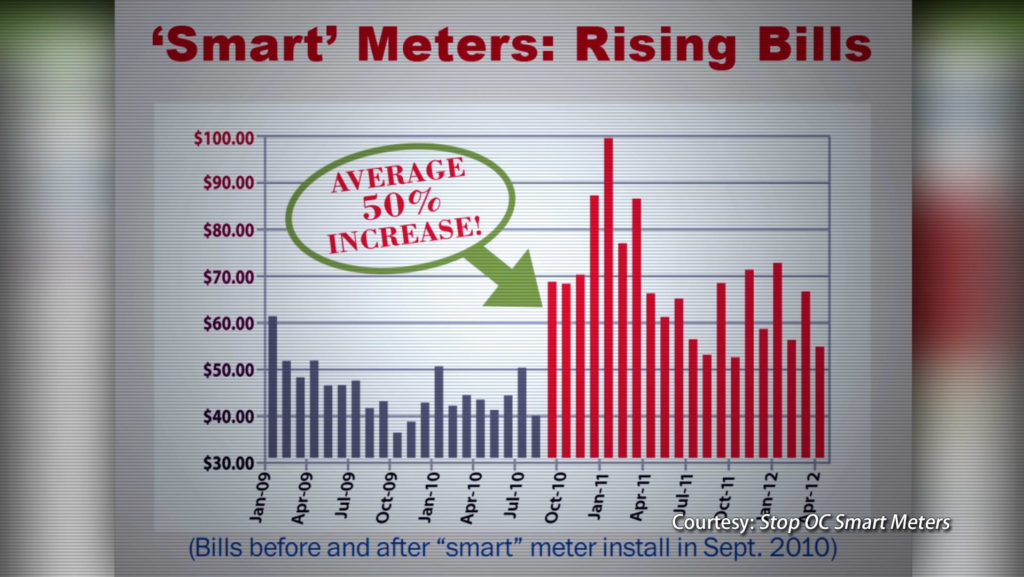By B.N. Frank
Utility companies, commissions, and legislators in California,
Ohio, and Illinois have been getting significant press coverage
lately for not acting in the best interest of the public (see
1,
2,
3).
Thanks to the Washington Post for reporting
unsympathetic behavior:
Disconnections are resuming soon as the state bans expire. Duke
Energy, which serves about 7.4 million electric customers across
six states,
went beyond other power providers in March by voluntarily
suspending shut-offs and waiving late fees. But the Charlotte-based
electric power company is preparing to resume disconnections in
Florida, Indiana and Ohio.“We will continue to assist customers experiencing economic
hardship from the pandemic as we begin to return to standard
billing and payment practices” in those states, spokesman Philip
Sgro said.AEP, too, voluntarily stopped disconnections in March. But a
month later, the Columbus, Ohio-based utility was lobbying against
a federal ban on shut-offs, according to a public records request
obtained by the Energy and Policy Institute, a clean-energy
advocacy group.The National Association of Regulatory Utility Commissioners,
which represents state public service commissioners nationwide,
also opposes a federal intervention on its regulatory members’
turf.David Pomerantz, head of the Energy and Policy Institute, says
electric utilities are trying to have it both ways. “They say
they’re going to do the right thing by keeping the lights and air
conditioning on during summer heat waves, all while furiously
lobbying behind the scenes to avoid being held accountable to that
promise,” he said.AEP has since resumed shut-offs in Oklahoma, as well as for “a
very small number” of customers in Michigan, according to
spokeswoman Melissa McHenry. “Disconnecting customers is always
our last resort when dealing with unpaid bills, and customers who
work with us on a payment plan will not be disconnected,” McHenry
said.Watkins, who gets her power from AEP in Virginia, is now
attending online nursing school and is grateful AEP stopped
disconnections in March. But Virginia is among the states scheduled
to lift their moratoriums on Sept. 1.“That’s good,” Watkins said. “But I’m just thinking:
When they’re done doing that, the people that haven’t been able
to pay or just pay a little bit, are they going to have to pay that
big amount right then, or their stuff is going to be turned
off?”
Many Americans are still unaware that utility
“Smart” Grids and Meters have actually increased their
bills (see
1,
2). Since utility companies have installed tens of millions of
“Smart” Meters – it’s likely that you already have them
installed
on your home even if your utility company doesn’t call them
“Smart.” These meters are 2-way transmitting and allow
utilities to
collect customer usage data 24/7. This data is analyzed to
market more products to customers and/or
sell to 3rd
parties.
Activist Post Recommended Book: The Age of Surveillance Capitalism
Research has determined that these meters
DO NOT save meaningful amounts of energy as originally
promised. Instead their installation has caused all kinds of
problems including fires, explosions, health issues (see
1,
2,
3,
4), and more.
People worldwide have been opposed to these meters
since they started being installed several years ago. Even if you
don’t have them now – you may soon since
tens of millions more are being deployed.
Activist Post reports regularly about “Smart” Meters and
other unsafe technology. For more information, visit our
archives and the following websites:
- Coalition to Stop
Smart Meters - EMF Safety
Network - StopSmartMeters.org
- SmartMeterHarm
- Smart Grid
Awareness - Smart
Meter News - Take Back Your
Power - The People’s
Initiative - Wireless Information
Network
Subscribe
to Activist Post for truth, peace, and freedom news. Send
resources to the front lines of peace and freedom HERE! Follow us on
SoMee,
HIVE, Parler,
Flote, Minds, and Twitter.
Provide, Protect and Profit from what’s coming!
Get a free issue of Counter
Markets today.


















